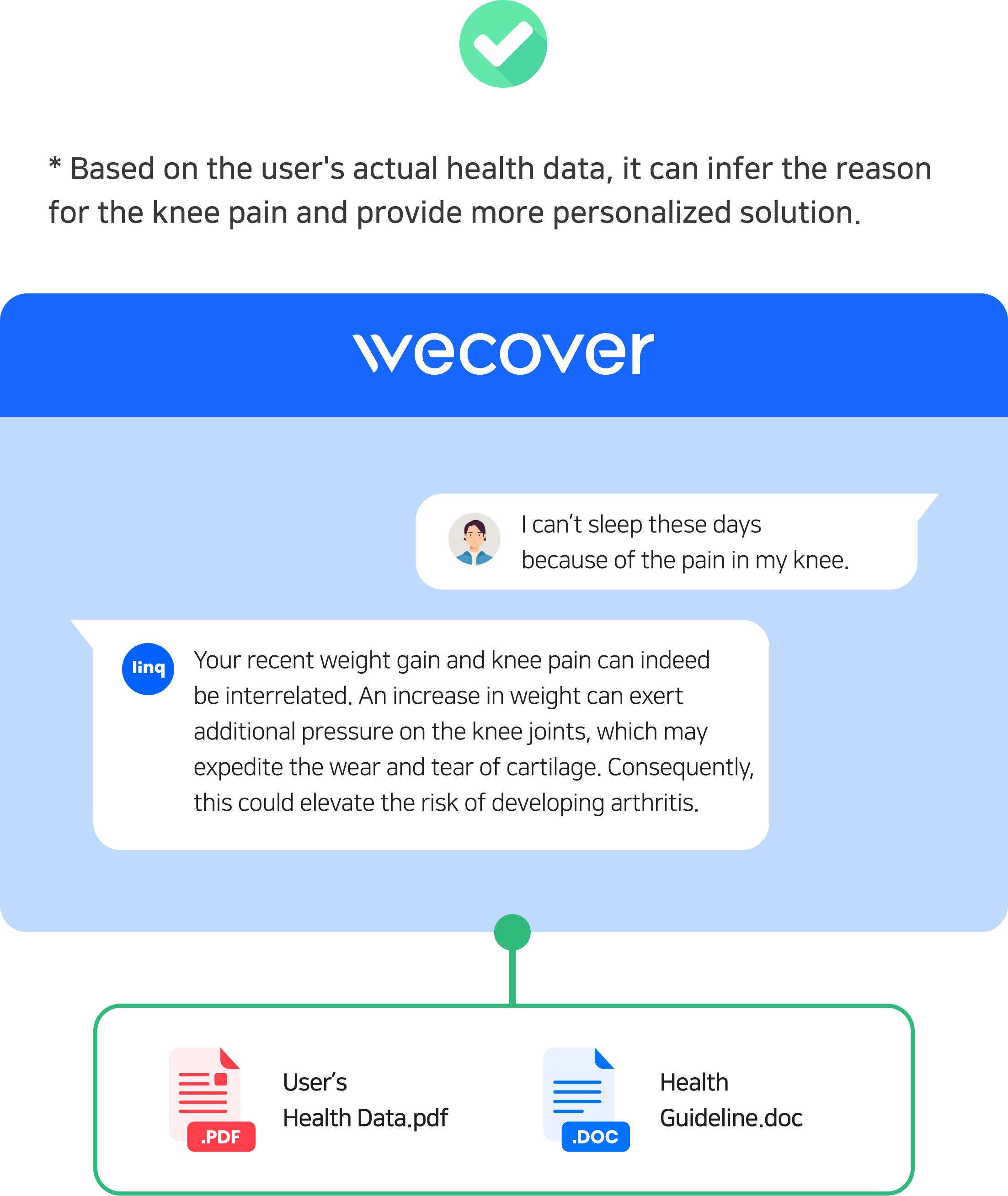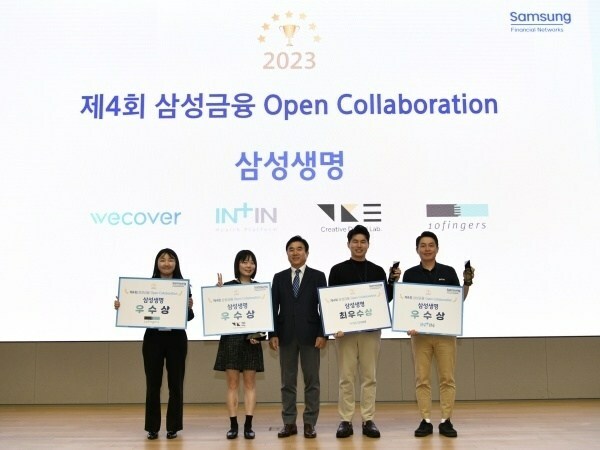Linq is building a vector database management platform to help large companies use large language models based on their internal information.

Photo courtesy of Pexels
The search is still on for generative AI systems that are robust and specific enough for use by corporate customers, such as big banks. Boston-based Linq, which raised $6.6m in June from investors including Korea’s Kakao Ventures, believes it may have the answer.
The company is developing a vector database management platform that empowers companies to use large language models to unlock the full potential of their internal information.
“Searching on company data is a huge challenge. And we provide one of the most accurate search engines for them using the technology called vector search,” says Jacob Choi, co-founder and chief executive.
“Linq’s vector search platform uses a company’s internal knowledge, which was previously under-utilised due to the lack of search accuracy, to provide accurate and efficient retrieval of information,” says Choi. “The platform seamlessly integrates with various information sources such as Notion, Slack, and email, and maintains a real-time sync vector database, similar to Dropbox for vector search.”

Choi says that what makes Linq’s technology stand out from its competitors is its ability to tackle the ‘hallucinations’ problem with large language models.
“Linq’s service is uniquely capable of comprehensively understanding and searching through multimodal data. The platform also offers seamless integration with various information sources and maintains a real-time sync vector database, enhancing the accuracy of retrieval and user experience,” says Choi.
“Other companies can only decode text,” he says. “We can decode different data such as images and tables. We have our in-house embedding model which is one of the most significant components in making this vector search accurate so our embedding model has surpassed the accuracy of OpenAI.”
Jin Kim, the head of product and data science at Linq says that while the easy accessibility of OpenAI’s API has spawned many generative AI businesses, there are still very few that meet the domain-specific search accuracy that enterprises expect. Making the unit economics work when creating domain-specific AI is difficult, says Kim.
“In many cases, these two aspects are inversely proportional but ultimately both aspects must be met to set the foundations of a viable product. Linq had the privilege to learn this early on from multiple iterations with customers and now onto the next step to enhance both aspects even more,” he says.
Choi and Kim founded Linq in 2022 alongside several other MIT scholars such as Chanyeol Choi and Subeen Pang. Jacob Choi previously was a graduate research assistant at MIT for three years and also spent a year as a hardware engineer at Qualcomm, a US-based semiconductor corporation.
Using corporate partnerships to grow

Linq has built up customers in the financial services sector, including Samsung Financial Networks, KPMG US and hedge funds in both the US and Asia.
The startup is also looking at other fields such as insurance — collaborating with Samsung Fire & Marine insurance — and law firms such as Law & Good. “Professional fields like legal sectors is what we are focused on. We have also built and maintained strong relationships with South Korean and US corporations which is helping our company evolve at the correct speed,” he says.
Digital healthcare company Doctornow and learning application platform Enuma have implemented Linq’s vector search platform.
Corporate collaboration was kickstarted when Linq won the 2023 Samsung Open Collaboration competition, one of the most prestigious startup competitions in South Korea.
“Working with big corporations like Samsung has provided us with valuable insights and strategic help. We have had the opportunity to connect with the right departments within these corporations, which has significantly contributed to our growth and development,” says Choi
Choi says that the partnerships with big companies were extremely helpful when it came to raising its recent $6.6m round led by InterVest and Atinum, with participation from TechStars, Kakao Ventures, Smilegate Investment and Yellowdog.
“The fundraising process was challenging in general but it was clear to us that investors were keen on what Linq had to offer,” he says.

Nevertheless Choi says it is tough to be a small startup in the generative AI market.
“It is the most competitive field I have seen in my life,” he says. “All the big IT corporations such as AWS are evolving very quickly and are injecting a lot of capital in this sector. To ensure that we don’t fall through the cracks, as a team we set up new strategies and implement it soon as possible and iterate this with our clients every week. So far this has been successful but you have to make traction as soon as possible and move onto the next stage.”
The funding will be used for product development and hiring more staff. Linq currently has just 12 employees.
.








